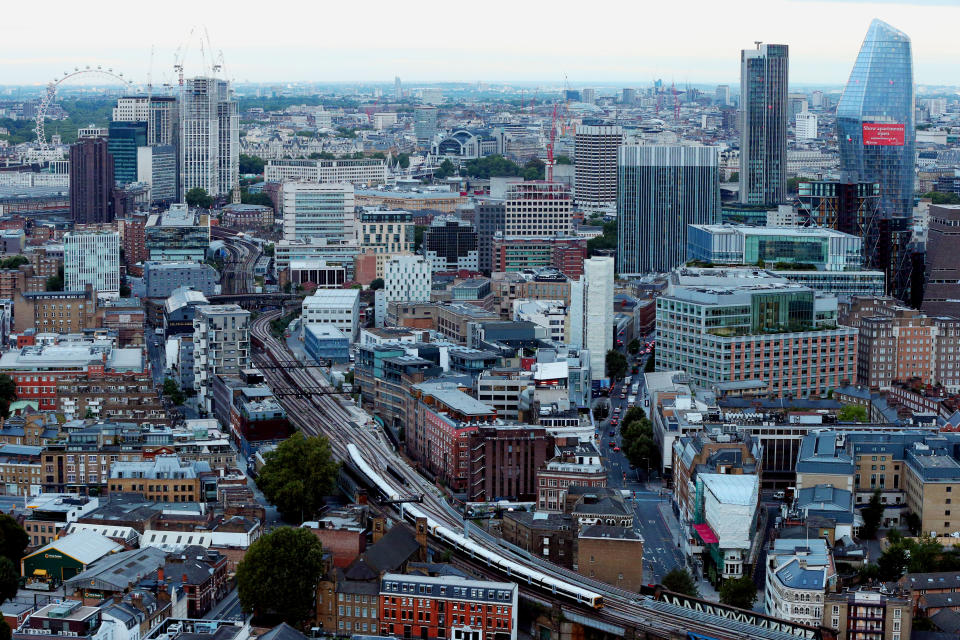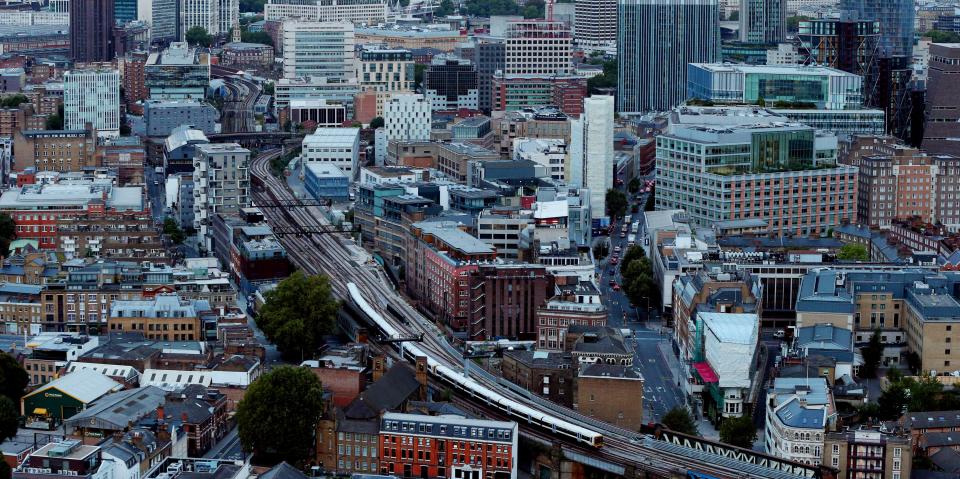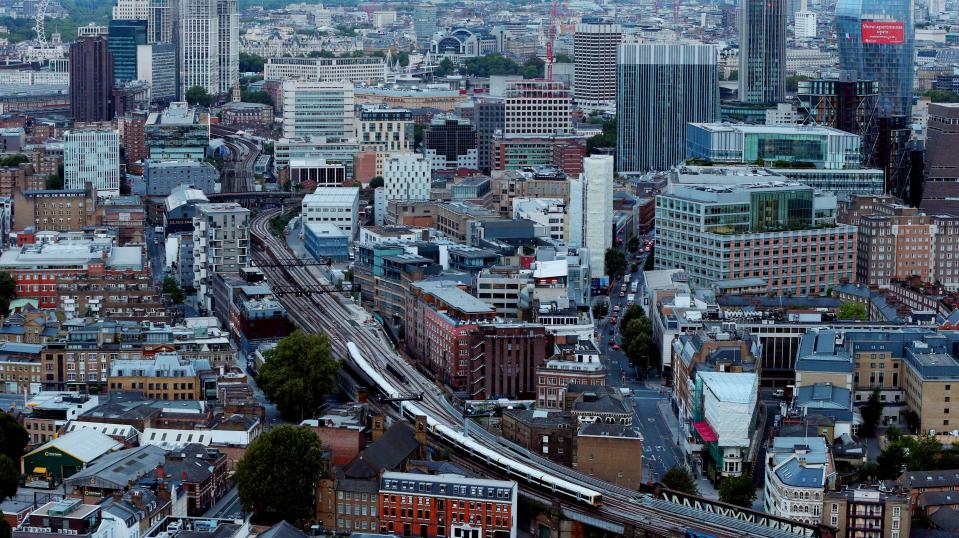Big city living ‘switches off human instinct to be nice’
Living in a big city could cause people to switch off their “Stone Age nice instincts” and become more selfish with strangers, according to a new study.
Researchers at the University of Miami investigated the ability of humans to switch off their inclinations to share when dealing with strangers.
The team at the university made 200 volunteers make decisions about investing cash and sharing windfalls with each other and a charity during a series of three games.
Researchers found that during the first session of games the volunteers – who were making decisions privately and anonymously – split windfalls with strangers fairly and shared about half their earnings with charity.
But during their second session about a month later, the volunteers were not as generous, sharing about 20% less on average.
Lead author William McAuliffe suggested this drop in generosity came from the volunteers realising their choices did not affect anyone.
He added: “After acclimating to the situation, they realised this was extraordinarily different from the situations they find themselves in everyday life.
“They realised, ‘what I do doesn’t really matter. It has no social consequences. Nobody is going to pat me on the back if I am generous. No one is going to think I’m stingy if I’m not’.
“So, when they come back, they don’t act on that cognitive shortcut because they’ve learned that the same rules don’t apply.”
Senior author Michael McCullough said people have been trained to act generously through thousands of years of living in small groups.
But he said the study, published on Monday in the journal Nature Human Behaviour, shows that people can turn off their “Stone Age minds” and could explain why people living in big cities have a reputation for being more hurried and less friendly to strangers than people from small towns demonstrate.
He added: “I think what this study says isn’t that generosity towards strangers is part of what humans evolved into, but instead that we evolved in a world where there really weren’t strangers.
“We knew everybody. They knew us, and if we didn’t know everybody directly, we knew somebody they knew, so if we were bad to someone they could say, ‘That is a terrible person.’
“Now we live in cities with millions of people and you can legitimately encounter a stranger and say ‘I’ll never see that person again–and get away with treating them poorly.’
“That’s less so in small towns, where almost everybody does know everybody.”

 Yahoo News
Yahoo News 


